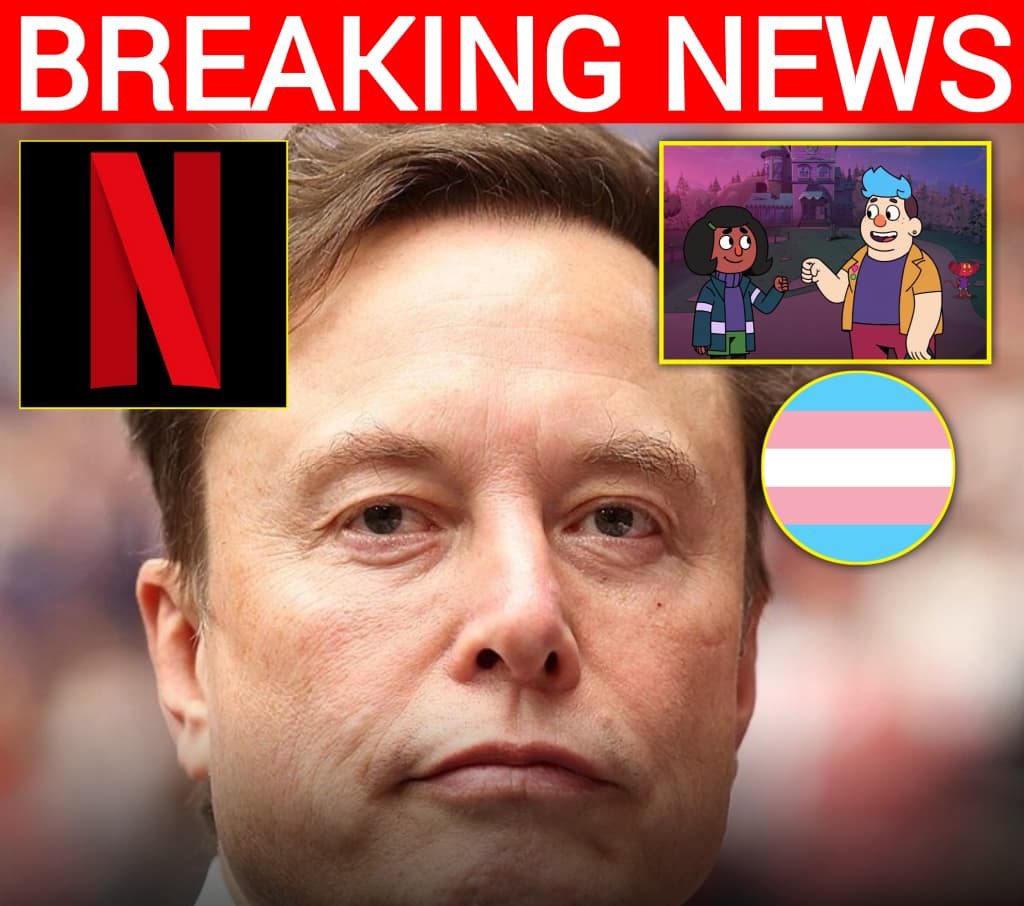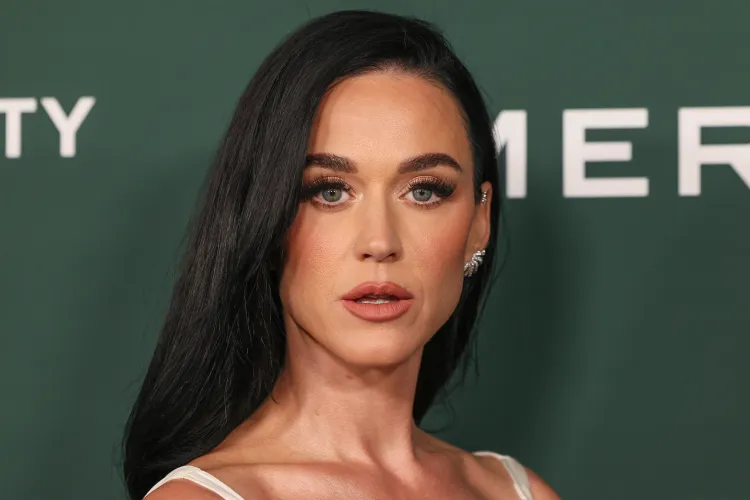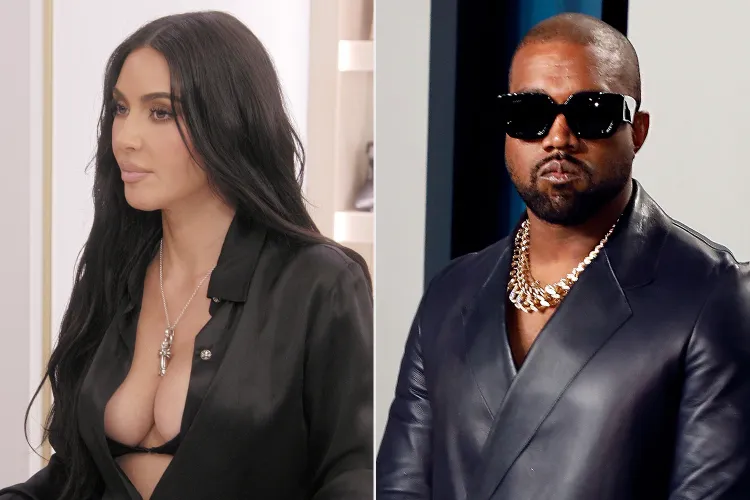Elon Musk Cancels Netflix Subscription After Backlash to Transgender Character in Children’s Show “Dead End: Paranormal Park”
Elon Musk has once again placed himself at the center of a cultural debate, this time by announcing that he has canceled his Netflix subscription. The move came after it was revealed that the streaming platform carries a children’s show called Dead End: Paranormal Park, which features a transgender character and is marketed to audiences as young as seven years old. Musk’s decision has fueled a wave of discussion about what kind of content is appropriate for young viewers, and how much influence entertainment companies should have in shaping childhood narratives.
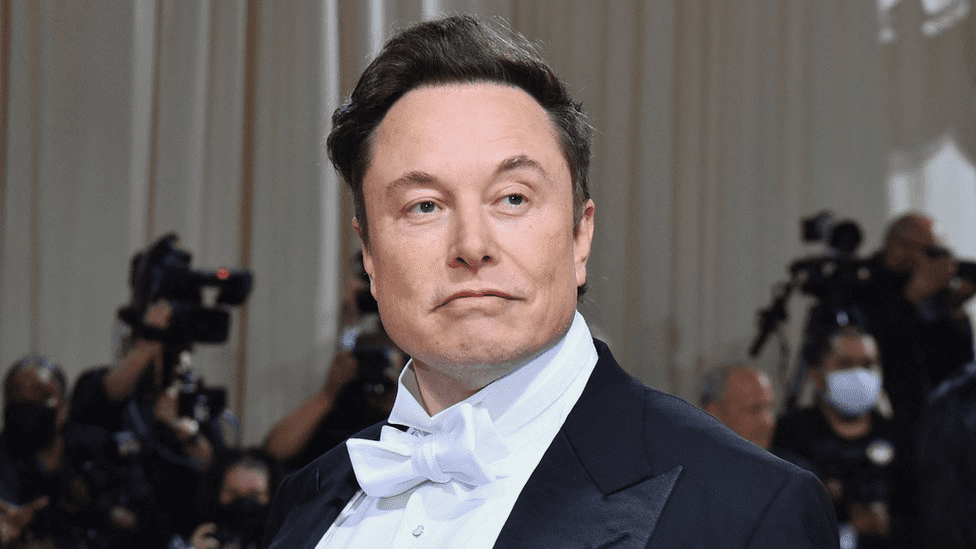
The show, created by Hamish Steele, includes a character who openly identifies as transgender, a storyline that supporters hail as inclusive but critics argue is premature for audiences that young. The controversy echoes wider debates happening in schools, communities, and even corporate boardrooms over how and when children should be introduced to complex subjects such as gender identity. Musk’s cancellation is not just a personal choice but a highly symbolic one, amplifying the conversation because of his status as one of the most visible business leaders in the world.

Research adds more nuance to the argument. A 2023 study from the American Psychological Association noted that early exposure to gender identity themes can influence how children perceive themselves, though it stressed that the long-term effects remain understudied and not fully understood. This uncertainty is part of what makes the debate so heated. Parents and educators are divided, with some insisting that inclusion is necessary for progress while others believe children should not be asked to grapple with these ideas so early. Musk, a father himself, clearly falls into the camp that questions whether such programming belongs in content designed for elementary-age children.
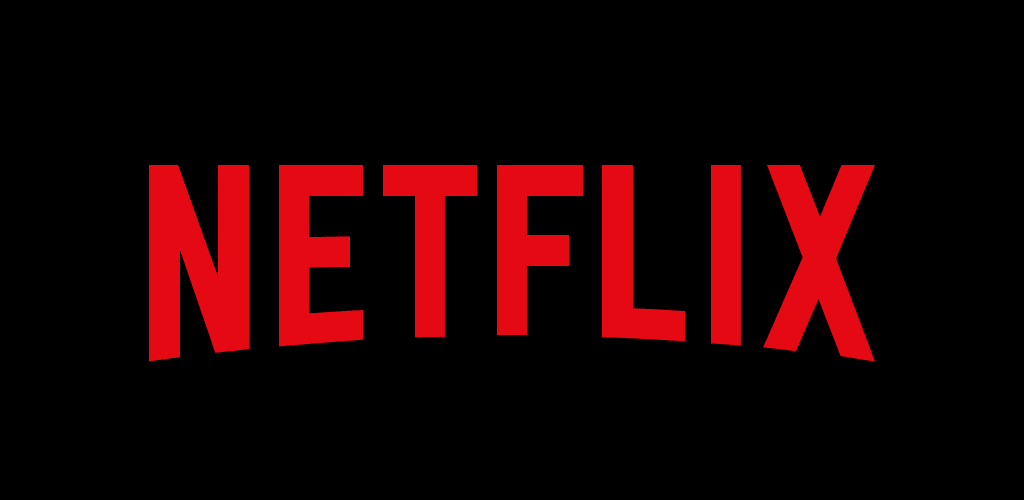
This moment also reflects a broader pattern of pushback against Netflix itself. In July 2024, the platform saw a 30 percent spike in cancellations after co-founder Reed Hastings publicly endorsed Kamala Harris, according to Benzinga. That political endorsement contributed to the perception that Netflix is leaning into one side of America’s cultural and political divide. Musk’s high-profile exit from the platform adds fuel to that fire, signaling that dissatisfaction with Netflix’s choices is not confined to everyday subscribers but includes some of the most influential voices in business and tech.
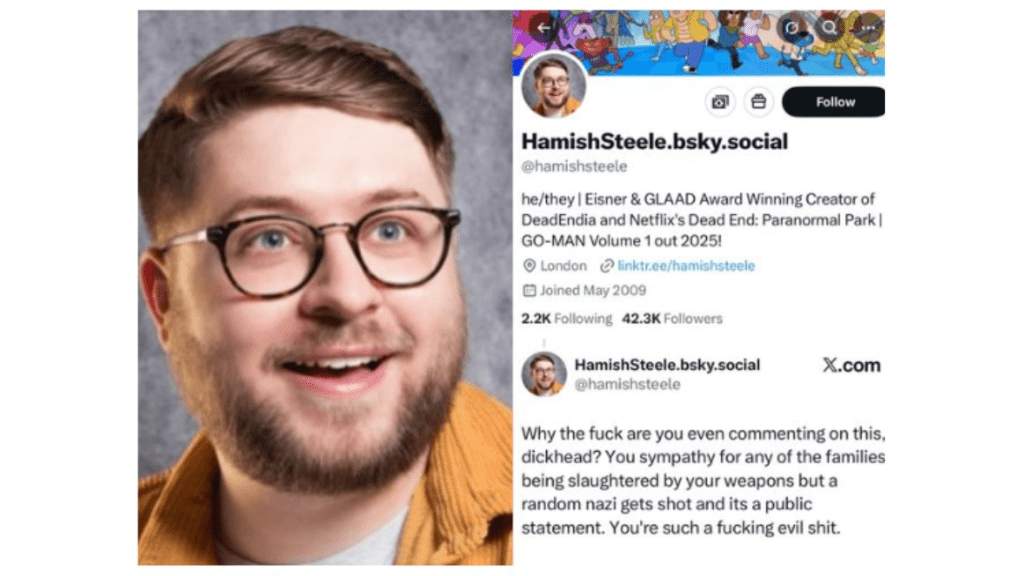
Polls show that Musk is not alone in his concerns. A 2021 UCLA study revealed that 54 percent of U.S. adults opposed introducing transgender narratives to children at a very young age, a statistic that highlights the deeply divided views on this issue. For Netflix, this represents both a challenge and a risk. On one hand, the company has branded itself as a champion of progressive content, priding itself on diversity and inclusion. On the other, it risks alienating a large portion of its subscriber base, particularly parents who feel blindsided by shows they perceive as politically charged being marketed to their children.
For Musk’s supporters, his decision is viewed as another example of him standing up against what they see as corporate overreach into family life. For his critics, it is interpreted as a dismissal of representation and inclusion. The truth, as with most cultural flashpoints, is that the debate reflects deeper divides in American society about who gets to shape cultural norms and how far those influences should extend into childhood.
Whether Musk’s cancellation sparks a fresh wave of Netflix account closures remains to be seen, but the optics alone are powerful. When the world’s richest man and one of its most outspoken voices walks away from a major streaming service, people notice. His decision has turned one animated children’s show into a flashpoint in the ongoing battle over cultural values, leaving parents, companies, and policymakers to decide what comes next.
